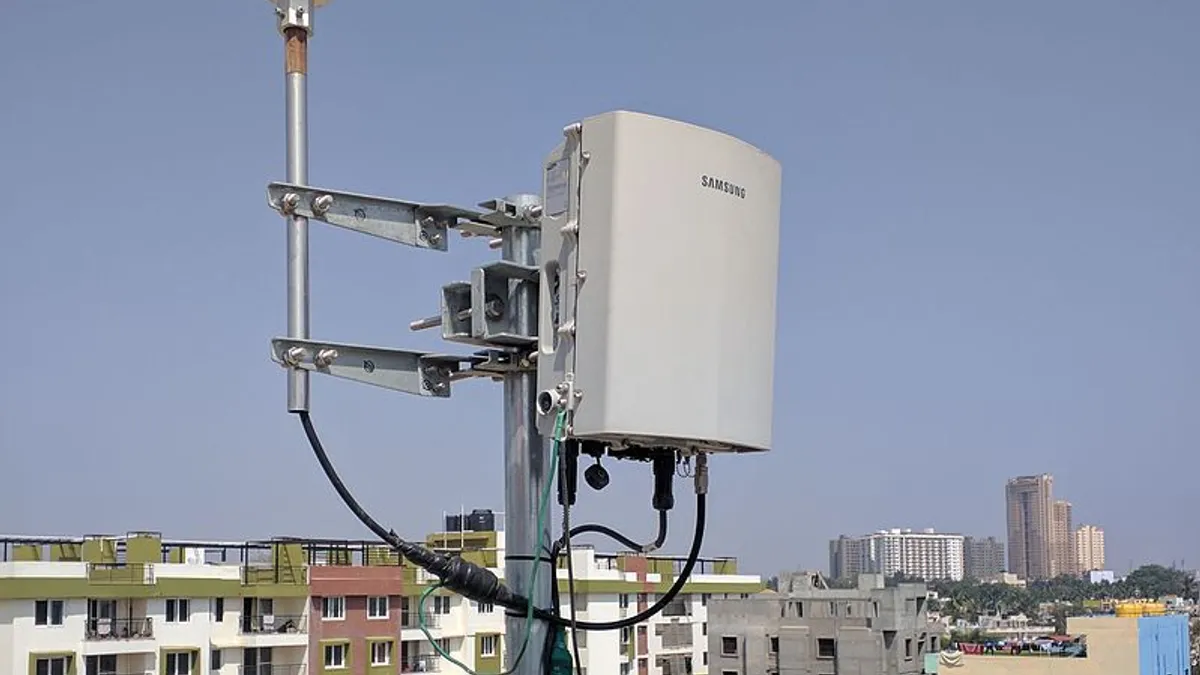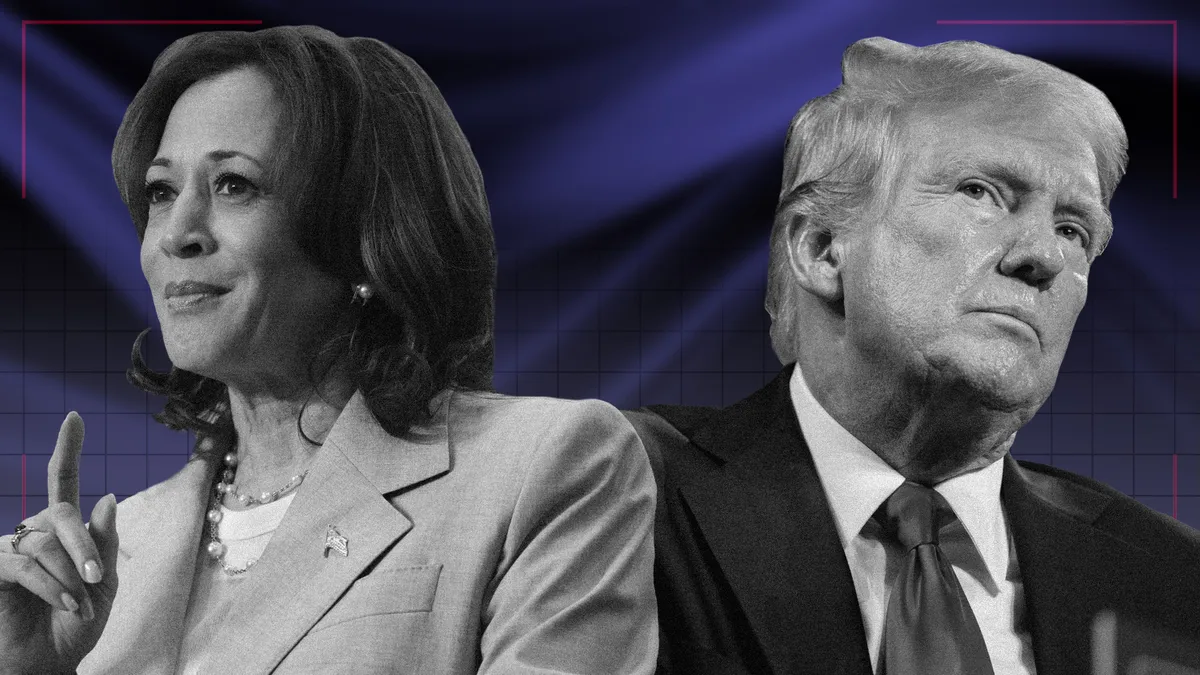Dive Brief:
- A coalition of 52 grassroots organizations is calling on the Federal Communications Commission (FCC) to delay deployment of 5G infrastructure pending more health studies, citing "emerging science linking exposure to RF microwave radiation with serious biological harm."
- In a letter to FCC chairman Ajit Pai, the group — Americans for Responsible Technology (ART) — says the agency "lacks both the ability and the authority to undertake a rigorous scientific review" of studies linking exposure to microwave radiation to adverse health impacts. Among the concerns, they say, are development of cancer, inhibition of brain development in fetuses, heart abnormalities and neurological and cognitive problems.
- The letter, signed by ART Executive Director Douglas Wood, says the “deployment of millions of new 5G antennas in neighborhoods across America will inevitably result in some antennas being located in close proximity to homes which house families of small children. Authorizing the involuntary chronic exposure of millions of American children to RF microwave radiation without knowing — or seeking to ascertain — how their lives may be impacted is an irresponsible and inexcusable action on the part of the FCC.”
Dive Insight:
Health concerns have prompted several Bay Area cities to pass ordinances halting installation of 5G infrastructure; Mills Valley, CA, located just north of San Francisco, passed such an ordinance earlier this month pending more study. Although health concerns have dogged other wireless networks (the California Department of Public Health has issued controversial warnings about the health effects of personal cell phones), the concerns are stronger with 5G because the network requires placing small cell antennas throughout cities, putting it closer to people than has been necessary for other wireless technologies.
The National Cancer Institute has said a “limited number of studies” showed evidence of a “statistical association of cell phone use and brain tumor risks,” but added that “most studies have found no association.” In a statement to Smart Cities Dive, the wireless trade association CTIA said the FCC and other government organizations and health groups “continue to say that the scientific evidence shows no known health risk to humans due to the RF energy emitted by antennas or cell phones.”
The FCC, meanwhile, has been bullish on building out 5G infrastructure to support telecoms' promises to launch in some cities by the end of the year, including proposing a controversial measure that would limit local control to restrict installation of small cells set for a vote this week. National groups representing mayors and county officials have balked at the rules, and ART adds another voice to the chorus asking the FCC to slow down, albeit for different concerns.
Given that the FCC has assured the public wireless technology is safe, it’s unlikely health concerns will slow the 5G push, but more local ordinances that limit small cell installation could delay the broad rollout the wireless industry is pushing for.










